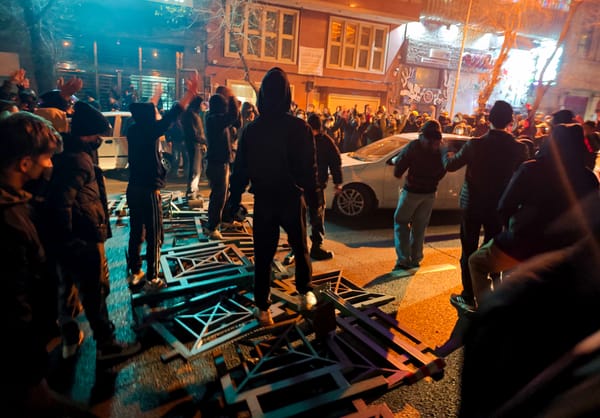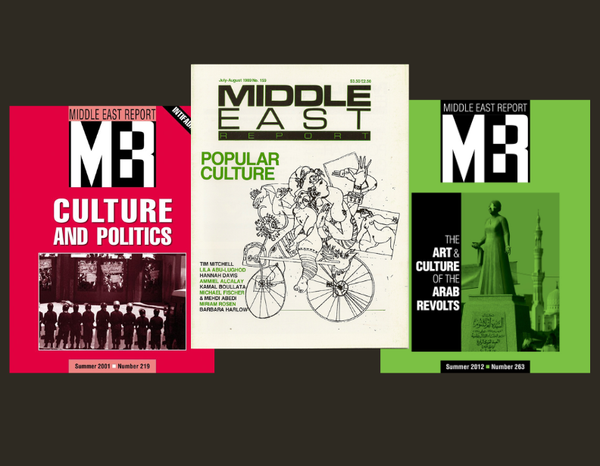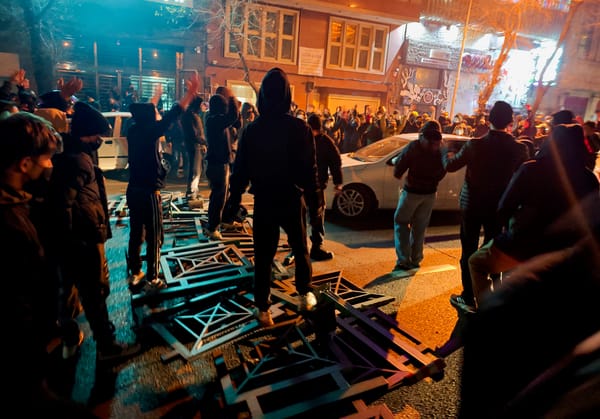Patti Smith Remembers Operation Iraqi Freedom
On September 8, 2011, just a few days before the tenth anniversary of 9/11, the intrepid rocker Patti Smith performed at Webster Hall in New York City.

On September 8, 2011, just a few days before the tenth anniversary of 9/11, the intrepid rocker Patti Smith performed at Webster Hall in New York City.
She opened the song “My Blakean Years” (you can watch it here) by singing these lines, which were apparently composed for the occasion:
It was the first day of spring
March 21
I remember it well
An afternoon of hell
I had a migraine
My mother was dead
I lay in my bed
And the TV was on
And we were advancing
With shock and awe
And the mothers held their children close
In Baghdad
It was the first day of spring
That’s what I’m remembering
This week
And then she went into the lyrics of the song as it is conventionally known, as recorded on her 2004 album Trampin’.
How audacious for a rock star who is so closely identified with New York, to state, in performance in the city, that what she remembers on the anniversary of 9/11 is the US invasion of Baghdad, and the Iraqi mothers and children.
Patti usually introduces this number by saying something like, “This is a song that I wrote when I was feeling really bad, and then I remembered William Blake, who kept struggling and writing and maintaining an optimistic spirit, in the face of great difficulty and frequent ridicule, and despite the fact that he enjoyed no success or recognition as an artist during his lifetime.” The lesson, says Patti, is that whenever we are facing a rough patch, we should remember that there are others who have it worse.
On the occasion of the ninth anniversary of Operation Iraqi Freedom (launched at 5:34 am Baghdad time on March 20, 2003, or 9:34 pm on March 19 EST), on the eve of the first day of spring, let’s remember Baghdad and its civilians.








